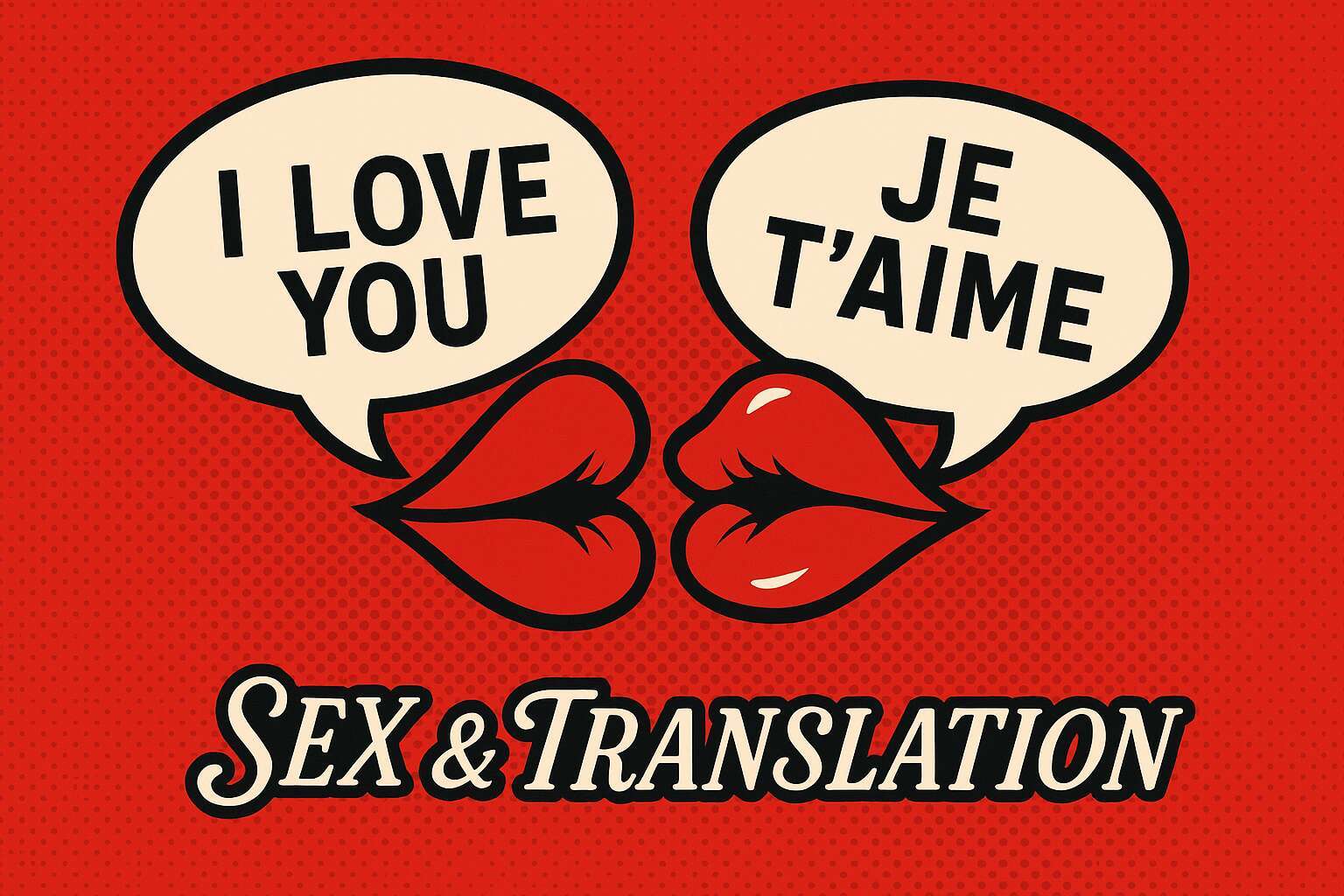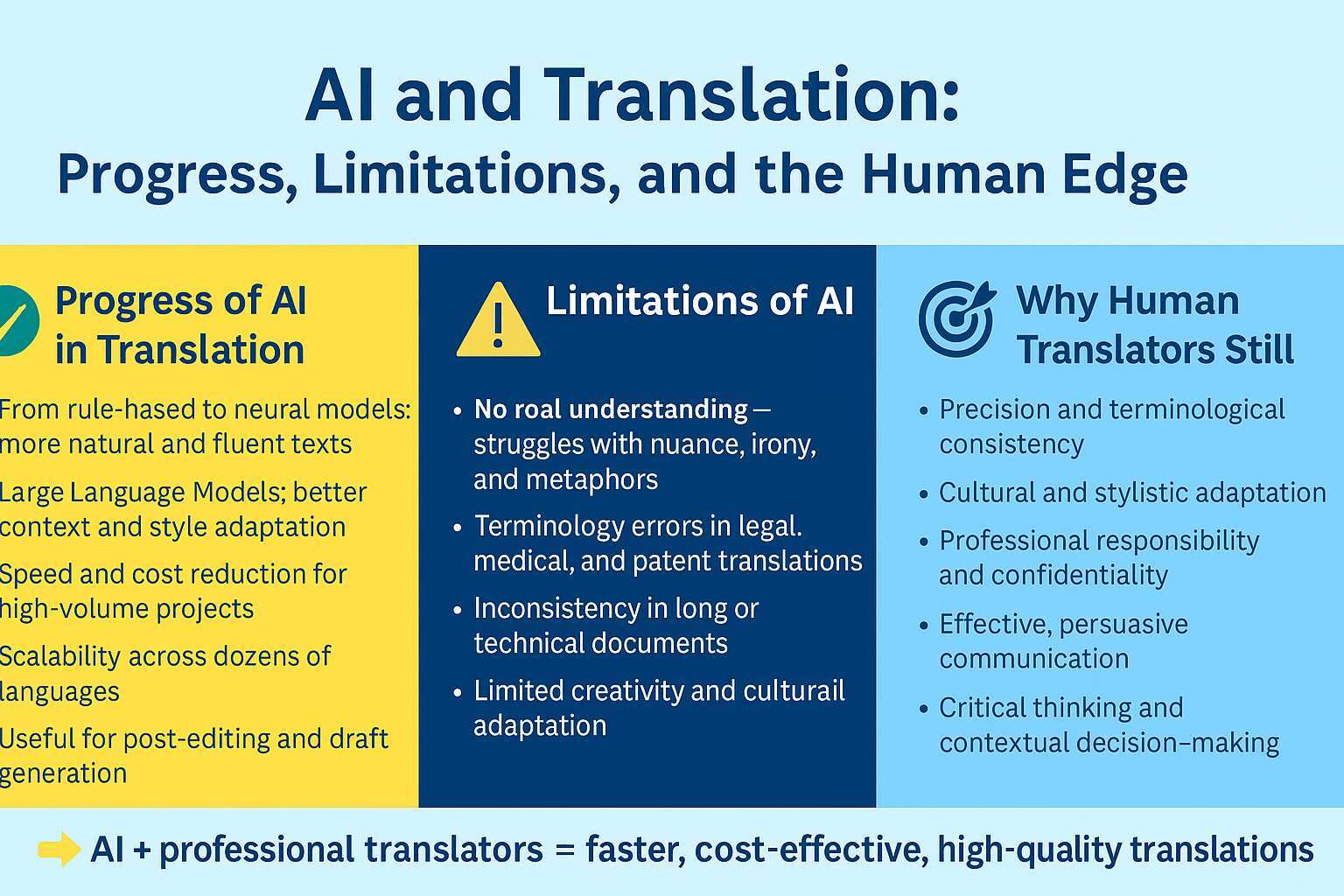Are you looking for a way to stand out in search engine results and reach a truly global audience? In today’s competitive digital landscape, SEO is no longer just about keywords – it’s about understanding meaning, context, and cultural relevance. This is where semantic analysis and professional translations make the difference.
At InnovaLang, our Semantic Analysis SEO service helps businesses craft content that is not only linguistically accurate but also strategically optimized for search engines and tailored to different cultural markets. Here’s how combining semantic analysis with professional translation can significantly boost your online visibility.
1. What is semantic analysis and why does it matter for SEO?
Semantic analysis is the process of interpreting the real meaning behind words, phrases, and search queries. Unlike simple keyword matching, it considers context, user intent, and related concepts.
For instance, if you offer “holiday rentals”, semantic analysis may reveal that your audience also searches for terms like “vacation homes” or “short-term accommodations.” This deeper understanding of language allows you to target the right keywords and create content that search engines recognize as relevant and authoritative.
Advanced techniques, such as latent semantic analysis (LSA) or probabilistic models, further enhance this process, ensuring your website aligns with how real users search online.
2. Multilingual content: expanding your reach beyond borders
A strong online presence is global by nature. Publishing multilingual content allows you to connect with users in their native language, increasing trust and engagement.
Imagine a travel agency: English content might attract American tourists, but Spanish and German versions of the same pages can reach completely new markets. When combined with translation SEO strategies – such as local keyword targeting and optimized metadata – multilingual content ensures your brand is visible and competitive in each language market.
At InnovaLang, we integrate semantic analysis with professional translations to make sure your multilingual content is not just translated, but strategically adapted for SEO performance.
3. Cultural relevance builds trust and conversions
Visibility is not enough if your message doesn’t resonate. Cultural adaptation plays a crucial role in creating content that feels authentic to each audience. Colors, images, idioms, and even tone can influence how your brand is perceived.
For example, in Asian markets, using traditional lucky colors such as red and gold in your visuals can subconsciously boost customer trust. By respecting local customs and cultural values, you increase credibility and encourage higher engagement and conversions.
Professional translators trained in semantic and cultural adaptation ensure that your content speaks directly to the heart of your target audience.
4. Language targeting and multilingual SEO strategies
Multilingual SEO requires more than just translating text. Language targeting strategies help search engines understand which version of your website to show to each user.
This involves:
- Keyword research for each market(what works in English might not work in Spanish or Mandarin)
- Optimized website structure, including hreflang tags (ensuring that the language and regional codes are accurate and consistent) and dedicated subdirectories
- Local search intent analysisbased on semantic data
At InnovaLang, we use semantic analysis combined with SEO best practices to ensure your content ranks higher in each target market.
5. Leveraging Google Keyword Planner and semantic insights
Tools like Google Keyword Planner are essential to identify relevant keywords in different languages. When combined with semantic analysis, they reveal hidden opportunities – related terms and user queries that competitors might miss.
This data-driven approach lets you optimize every piece of multilingual content, expanding your reach and improving organic rankings across all your target markets.
Why semantic analysis and professional translation are essential
In a globalized digital world, investing in semantic analysis and professional translation is no longer optional – it’s strategic. By understanding how your audience searches, speaks, and interacts online, you can:
✔ Boost your search engine rankings
✔ Reach international audiences effectively
✔ Build trust through cultural relevance
Discover how InnovaLang’s Semantic Analysis SEO service can transform your multilingual strategy and make your brand truly visible worldwide.






